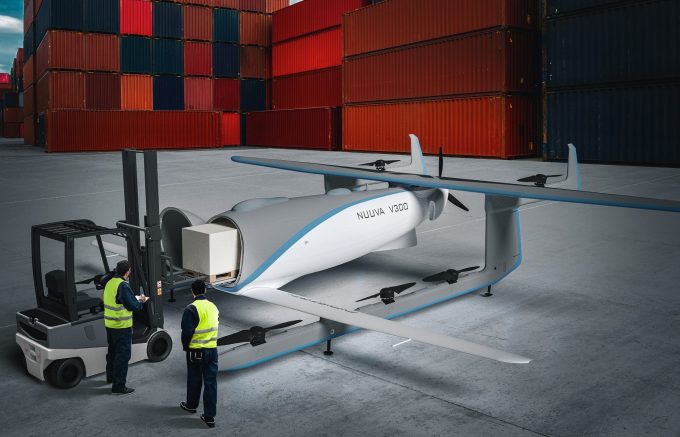Hyperloop at five and sci-fi transport quickly becoming more sci than fi
Those considering Tesla’s Semi may wish to rethink. It’s gone from bad to worse for ...

When berating a dumb idea on social media, we, your correspondent included, will often say, “Silicon Valley reinvents the [X].”
Hyperloop, or ‘Silicon Valley reinvents high-speed rail’, attempted to leverage today’s technology to revive a discredited idea from the 1700s. This was ...

Comment on this article